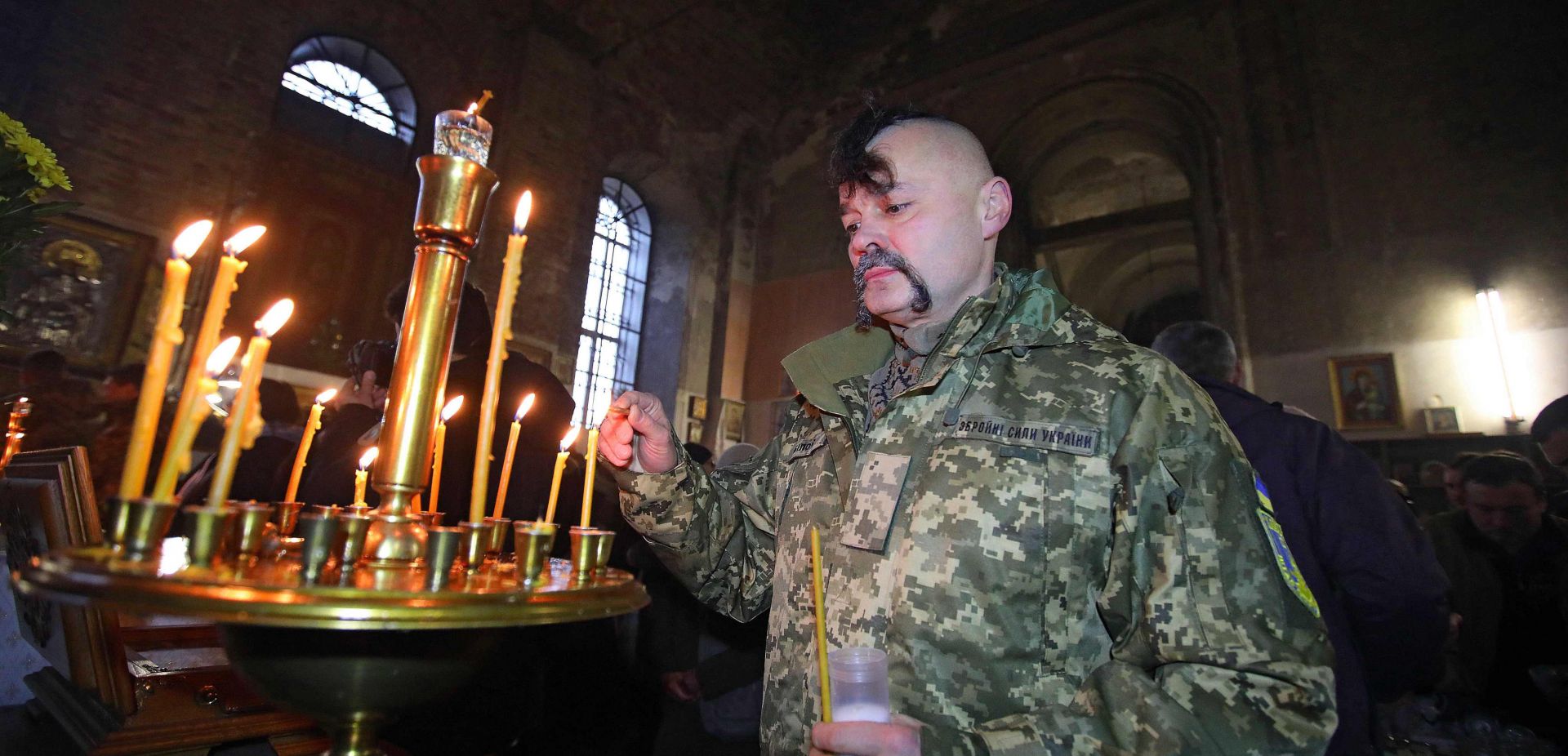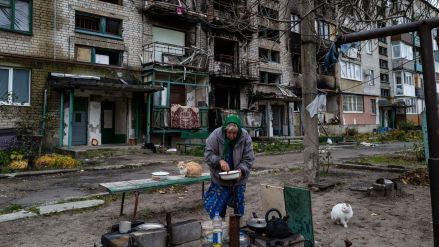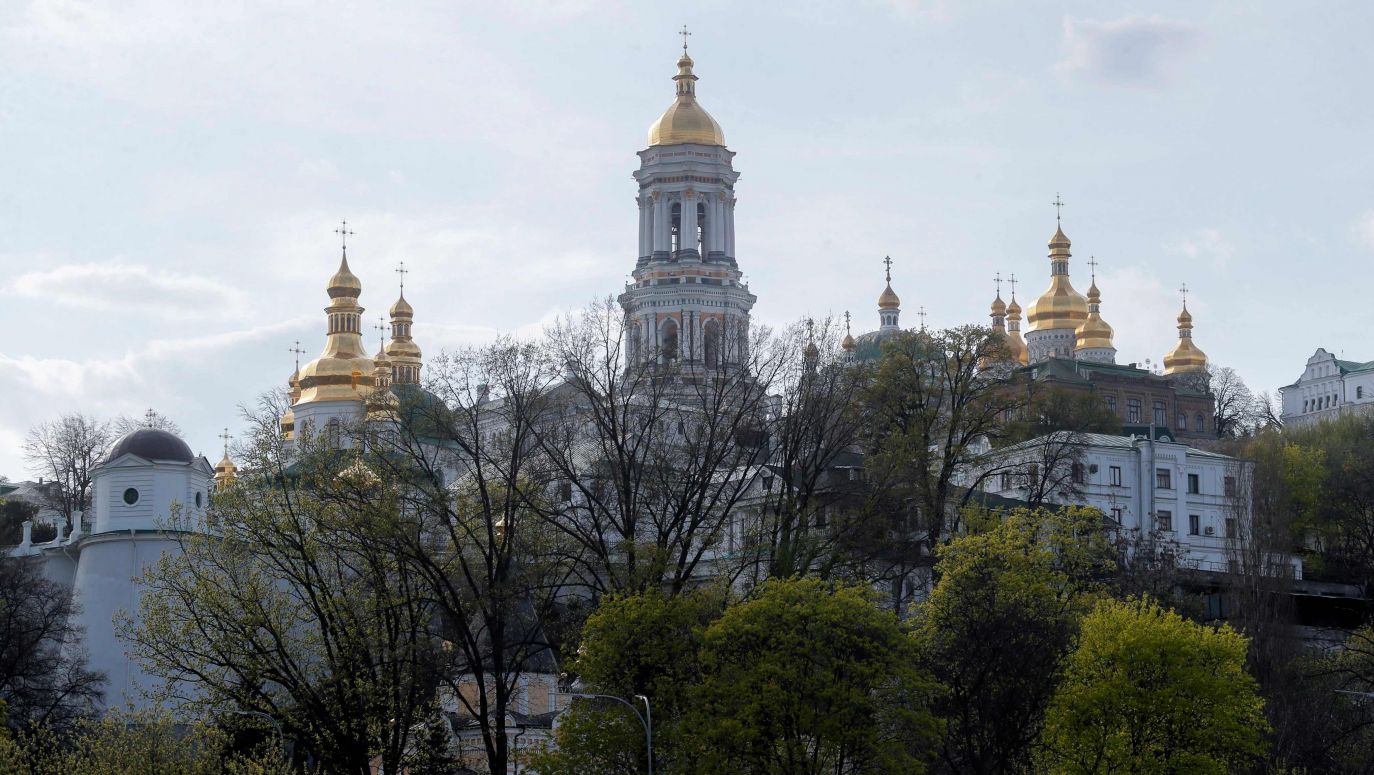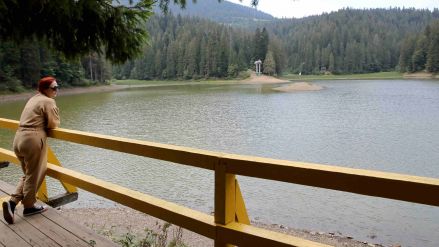In Kharkiv, a Christmas tree has been put up in the underground where people have been hiding from Russian attacks for almost a year. In Kiev, a Christmas tree traditionally appeared in one of the central squares, but it was three times lower than those from previous years and without lighting; it was put up by businessmen. Of course, no mass events were organized throughout the country. This is how, with the war in the background, Christmas was celebrated in Ukraine.
In addition, in recent years, more and more Ukrainians celebrated Christmas not on January 7 (according to the Julian calendar, as in Russia and several other countries, such as Georgia and Serbia, which are in the Russian sphere of influence), but on December 25 (according to the Gregorian calendar) like most Christians in the world. Both of these days are currently bank holidays.
 SIGN UP TO OUR PAGE
SIGN UP TO OUR PAGE

One thing remained unclear: whether and how Christmas would be celebrated by the clergy of the Ukrainian Orthodox Church of the Moscow Patriarchate (UPC MP). The more so that the Security Service of Ukraine has been conducting regular searches in the buildings belonging to this Church throughout the country for several weeks. It was about cases of collaboration and cooperation with the aggressor.
Propaganda and Russian money
Officers of the Ukrainian services became interested in Moscow Patriarchate clergy as a video from the Kyiv-Pechersk Lavra (a large monastery and church complex: partly a museum, and partly the seat of the head of the UPC MP – ed.) appeared on the Internet early November. In it, during a common prayer of priests and faithful the choir sang a song on “Russia and the Mother Rus’”. So the Lavra was searched; according to the SBU, pro-Russian literature, forged Ukrainian passports, cash in hryvnias, dollars and rubles were found there.
In the following weeks, there were many reports of new actions by the services; guardians of public order began checking dozens of objects of the Ukrainian Orthodox Church of the Moscow Patriarchate in various regions - in the west, south and central part of the country. The largest search took place on December 14, when law enforcement officers simultaneously checked 19 church complexes in 9 regions. The findings were similar everywhere: propaganda materials, Russian textbooks and documents, correspondence with Russian “curators”, “certificates” issued to Russians, confirming their participation in the war against Ukraine, money, etc.

 SIGN UP TO OUR PAGE
SIGN UP TO OUR PAGE
 One thing remained unclear: whether and how Christmas would be celebrated by the clergy of the Ukrainian Orthodox Church of the Moscow Patriarchate (UPC MP). The more so that the Security Service of Ukraine has been conducting regular searches in the buildings belonging to this Church throughout the country for several weeks. It was about cases of collaboration and cooperation with the aggressor.
One thing remained unclear: whether and how Christmas would be celebrated by the clergy of the Ukrainian Orthodox Church of the Moscow Patriarchate (UPC MP). The more so that the Security Service of Ukraine has been conducting regular searches in the buildings belonging to this Church throughout the country for several weeks. It was about cases of collaboration and cooperation with the aggressor.







